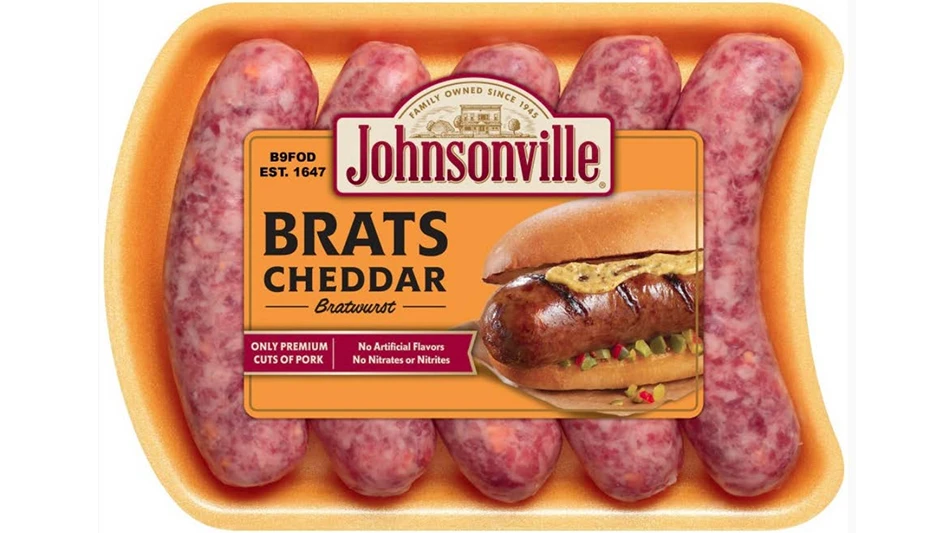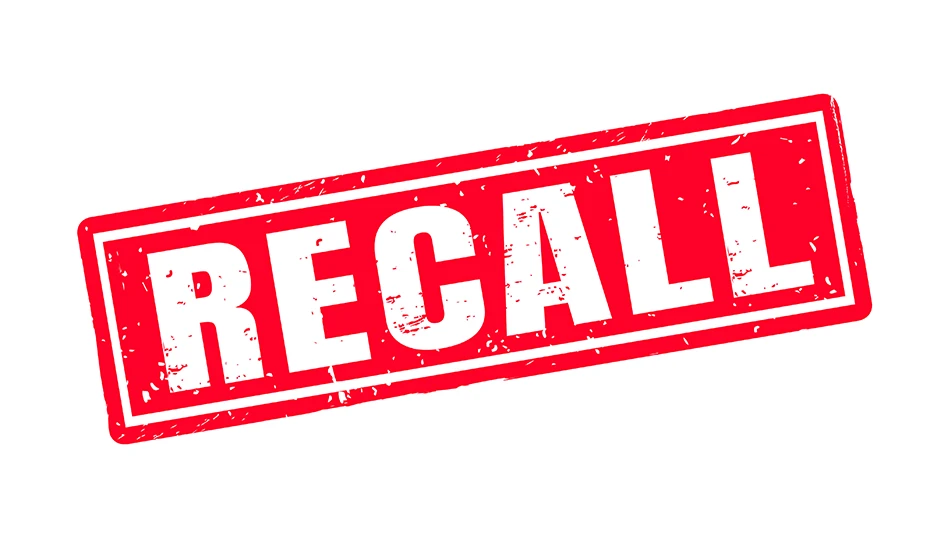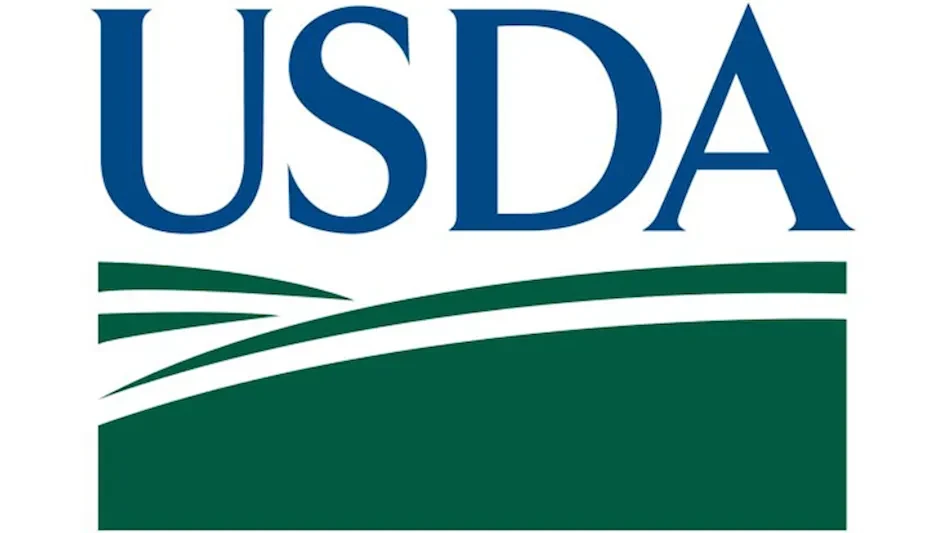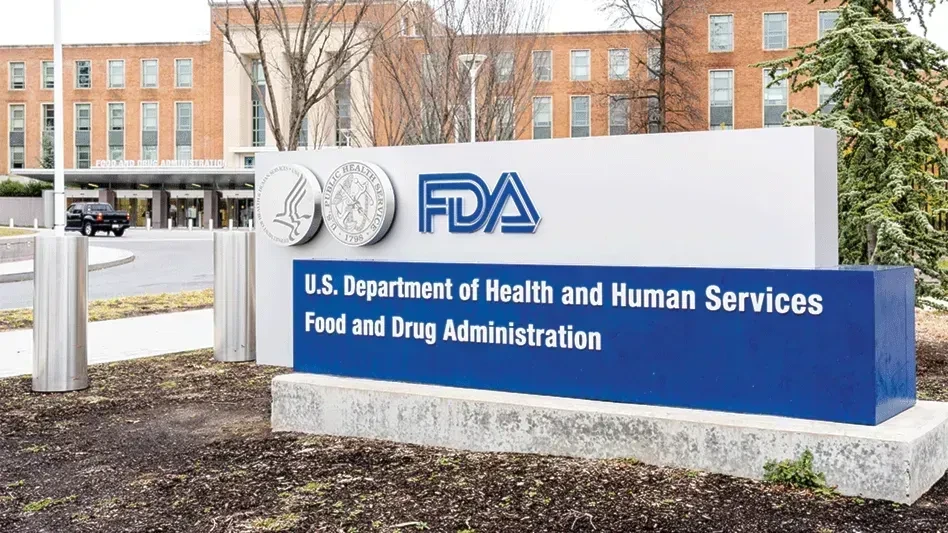
Waseem Ali Khan, Adobe Stock
National or international awareness days, weeks and months may seem like some shrug-worthy social media fad (remember Follow Fridays?), but they can be an honest-to-goodness way to reach people and raise understanding of important topics.
They can also be a way to grow your business, as Cindy Mannes, senior vice president of public affairs for the National Pest Management Association, wrote in our sister publication PCT.
"While we leave participation in National Mac and Cheese Day up to you, it is important to choose designations that are meaningful to you and align with your business’ core values and services because such designations provide a great touchpoint opportunity with consumers," wrote Mannes, who is also a Quality Assurance & Food Safety magazine columnist.
"The purpose of awareness days, weeks and months is to spark dialogue on a given topic to elicit meaningful conversations that raise awareness and engender change."
With that all in mind, to commemorate National Food Safety Education month, we reached out to food safety industry insiders, advisory board members and others to get their takes on why consumer education is important.
(Editor's Note: We will update this page as we get more responses.)
"Food safety education for consumers is critical. Industry will never find some silver bullet or Hercules to protect food from all threats — but will instead depend on our Herculean efforts — the enormous amount of work, strength and courage from all stakeholders from the farm to the table, including consumers." — Darin Detwiler, assistant dean, College of Professional Studies, Northeastern University
"The food manufacturing industry works hard every day to produce safe foods for consumers. However, food manufacturers are not the only people responsible for food safety. Food safety starts at the farm and continues all the way to the consumer. Consumers have a responsibility to keep food safe while stored and prepared in their homes, and thus need to understand food safety procedures." — Bruce Ferree, independent trainer/consultant at Eurofins Laboratories
"Improper home cooking and food storage is said to cause 55% of food poisoning cases (FoodPoisongNews.com). But the food industry has to ask itself: Are we sufficiently educating consumers on how – and why – to properly cook and store our products? If you’re not telling them the right way, there are plenty of social media posts telling them wrong ways!" — Lisa Jo Lupo, director, communications, The Acheson Group (TAG) and former editor of QA
"If fresh produce is contaminated with foodborne pathogens, there isn’t much consumers can do to guarantee safety. However, there are things consumers can do to make produce unsafe! Consumer education on storage temperatures, handwashing, and cross contamination are critical to making sure the efforts industry puts into safe food production aren’t undone." — Jennifer McEntire, senior vice president of food safety, United Fresh Produce Association
"To make sure our messaging resonates with consumers, we need to find a way to engage, keep the message simple and powerful, tell a story and don’t try to scare them with the negatives. If we want to protect those we love, follow the key steps: clean; keep raw and cooked foods separate; cook foods thoroughly; keep cold foods chilled and hot foods hot; and source your water and raw materials from known safe sources. — Bruce Perkin, principal consultant at Robust Food Solutions
"To help keep consumers safe, manufacturers must have valid food safety or HACCP plans. These hinge on having a complete and robust hazard analysis that considers all possible biological, chemical and physical risks from ingredients, each processing step, the facility itself and what controls are needed to manage the hazards. Without this crucial step, it’s quite likely that threats may be missed! With these food industry efforts, it makes it that much more important that consumers also treat their food safely." — Ruth Petran, president of the International Association of Food Protection and independent industry consultant
"While most of the responsibility lies with the food industry itself, many foodborne illnesses happen at home due to a lack of food safety education. Consumers tend to be more focused on convenience and saving time than proper food handling and preparation. Consumers must understand that their food safety practices can be a hazard. Educating consumers will reduce foodborne illnesses, potentially easing the industry burden." — Francine L. Shaw, founder and CEO of Savvy Food Safety
"Wash your hands, wash your hands, wash your hands! The COVID-19 pandemic brought that message front and center through countless public service announcements — and people listened and understood how important it is for protecting their health. But wait, isn’t that one of the most important and fundamental steps for keeping food safe, for the food industry and the consumer? Surely, the food industry can do a better job communicating this same message and other fundamental principles of food safety to the consumer. The importance of washing our hands will not fade when the pandemic fades." — Steven Sklare, president of the Food Safety Academy and co-editor of “Food Fraud,” subtitled “A Global Threat with Public Health and Economic Consequences.”
"It is vitally important for the future of our food that consumers are educated on food safety. Consumers essentially cast votes with their purchases, shaping the demand side of the food system. The more discerning consumers are of environmental sustainability, farm animal welfare and food integrity, the more conscious the industry may become." — Gabriela Steier, founder, Food Law International, part-time lecturer, Northeastern University, College of Professional Studies
“I can’t think of a time when it’s more important that consumers be educated on best food safety practices. In this unprecedented public health crisis, people are doing their best to protect themselves and their families. The FDA provides and will continue to update resources for consumers on topics that include safe food handling, shopping, storage and preparation.” — Frank Yiannas, Food and Drug Administration deputy commissioner for food policy and response
Latest from Quality Assurance & Food Safety
- Ferrero Group Invests $445 Million in Ontario Production Facility
- Nelson-Jameson Announces Grand Opening for Pennsylvania Distribution Center
- Taylor Farms Linked to Romaine E. coli Outbreak as Marler Clark Files Multiple Lawsuits Against Supplier
- IAFNS Announces Winners of Emerging Leader Awards for Food Safety, Nutrition
- FDA Shares Testing Results for PFAS in Bottled Water
- Provision Analytics Adds Food Safety Expert Jennifer Williams to Strategic Advisory Group
- Boston Sword & Tuna Protects Seafood Safety with Mettler-Toledo Metal Detectors
- IFT Releases New Resources to Aid Food and Beverage Industry in Sugar Reduction





